Labeler machines are essential tools in manufacturing facilities, enabling the efficient labeling of products across various industries such as food and beverage, pharmaceuticals, and consumer goods. Traditionally, these machines operated based on pre-programmed instructions, requiring constant supervision and manual adjustments. However, with the integration of AI technology, labeler machines have become smarter, more adaptable, and capable of autonomous decision-making.
There are a lot of things to consider when choosing an AI labeling machine. It must have a synchronized chain emendation system, which allows for the correct placement of labels on containers and packaging. It must also be able to hold the container or product firmly during the label application process.
Labeler machines are automated devices designed to apply labels onto different types of products, packages, or containers. They ensure accurate and consistent labeling, enhancing product identification, branding, and compliance with regulatory requirements. Labeler machines can handle different label types, including adhesive labels, shrink sleeves, wraparound labels, and more. They are equipped with mechanisms for label dispensing, alignment, and application, synchronized with the packaging process.
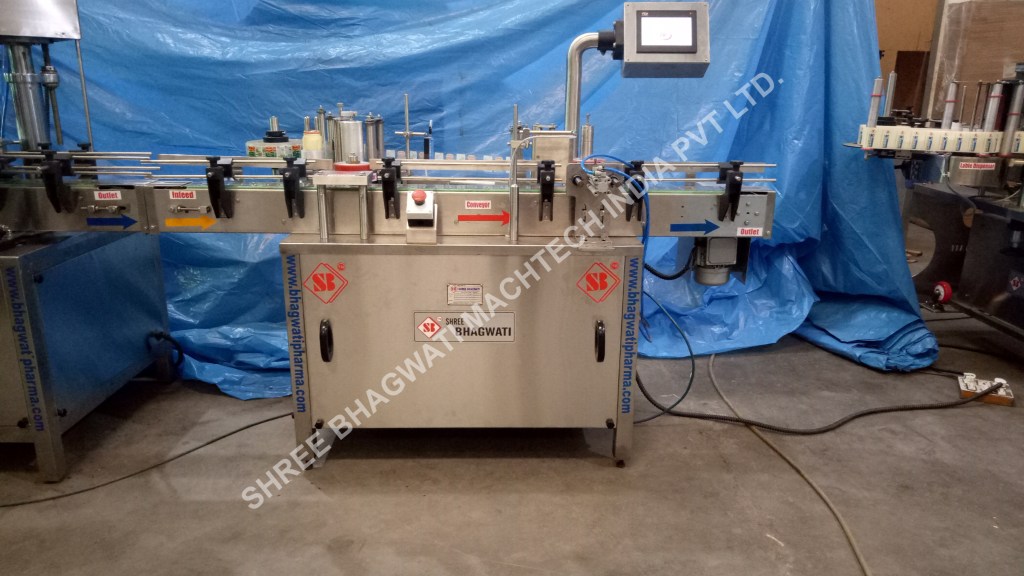
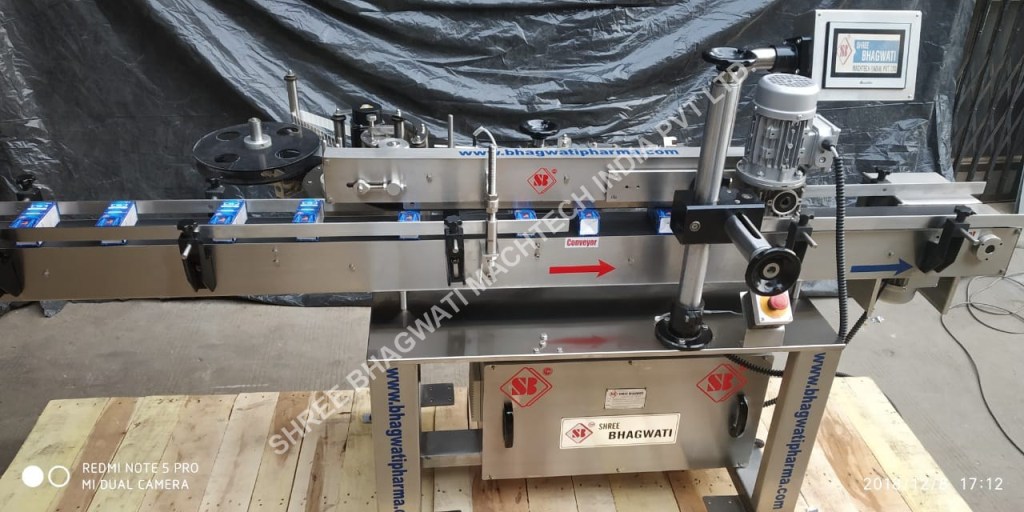
Role of AI in Labeler Machines
AI integration in labeler machines empowers them with advanced capabilities, enabling them to adapt to varying production scenarios and make intelligent decisions. The integration typically involves the utilization of computer vision, machine learning, and deep learning algorithms. By leveraging these technologies, labeler machines can analyze visual data, interpret label placement requirements, and optimize their operations based on real-time information.
Benefits of AI Integration
Increased Efficiency and Productivity
AI-integrated labeler machines can operate at higher speeds with enhanced accuracy, reducing downtime and improving production efficiency. These machines can quickly adapt to changes in label sizes, shapes, and materials, minimizing manual intervention and increasing overall productivity.
Enhanced Quality Control
With AI algorithms, labeler machines can detect defects, such as label misalignment, wrinkles, or air bubbles, ensuring high-quality labeling. The real-time monitoring and analysis capabilities enable immediate corrective actions, preventing the distribution of faulty products.
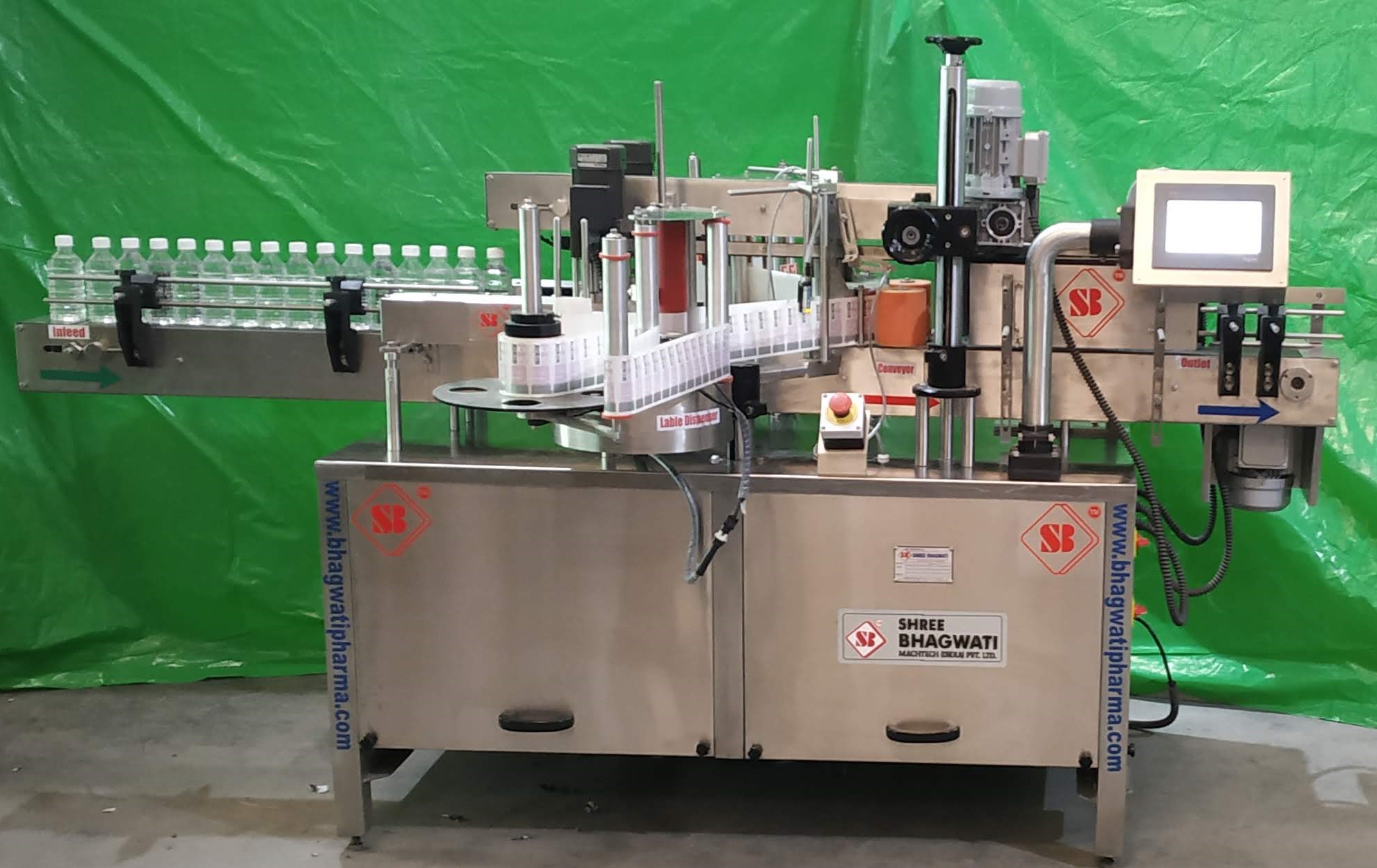
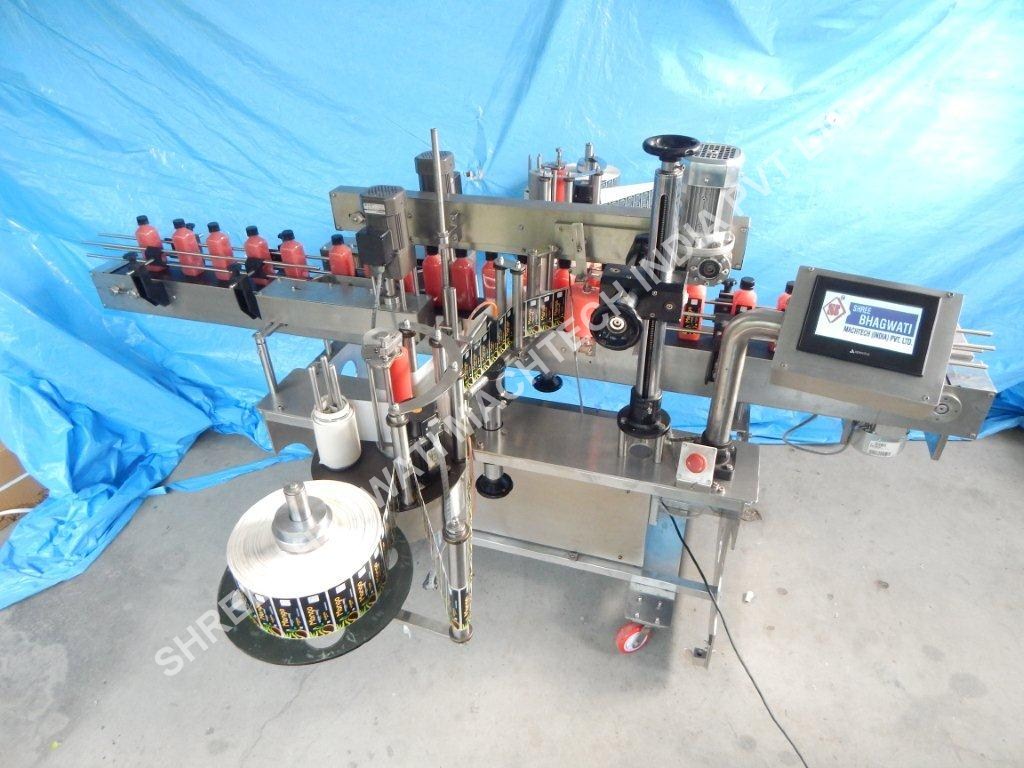
Cost Savings
The automation and optimization provided by AI integration in labeler machines lead to significant cost savings in terms of labor, time, and material. By reducing human errors and optimizing label usage, manufacturers can streamline their operations and achieve higher profitability.
Flexibility and Adaptability
AI-powered labeler machines can handle a wide range of products and label variations, accommodating diverse packaging requirements. The machines can quickly adapt to changes in label design, language, or regulatory information, providing manufacturers with the flexibility to meet market demands efficiently.
Applications of AI in Labeler Machines
Product Labeling and Branding
AI-integrated labeler machines enable precise application of labels, ensuring accurate product labeling and branding. They can handle different label sizes, fonts, and graphics, enabling manufacturers to create visually appealing product packaging that aligns with their brand identity.
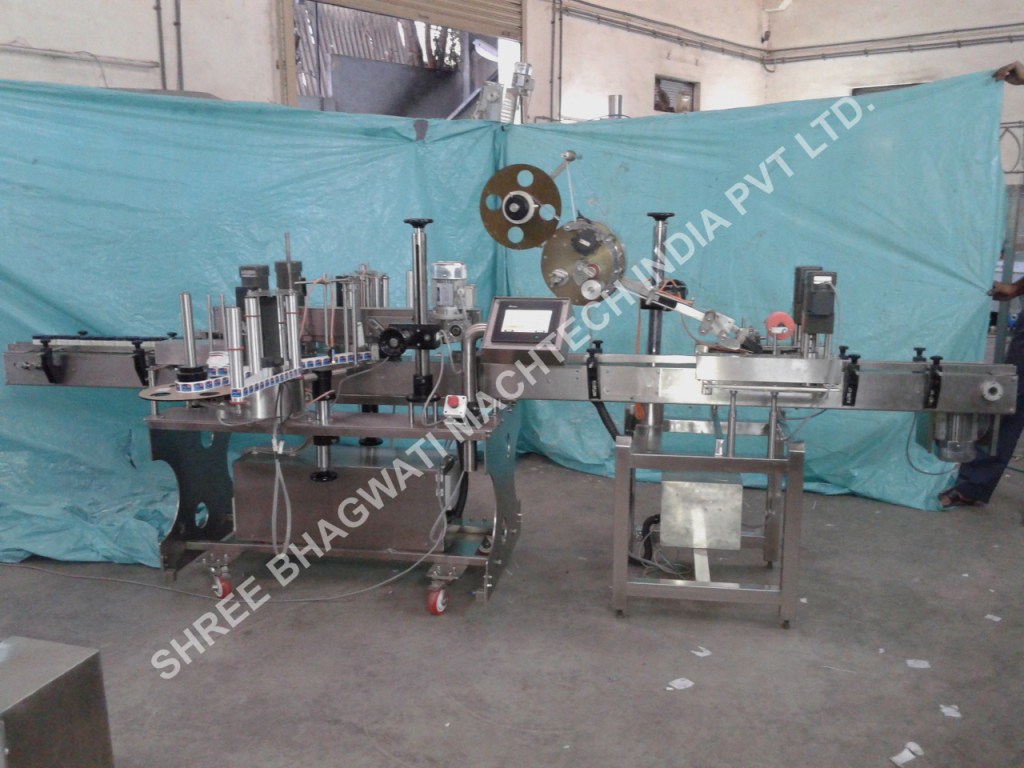
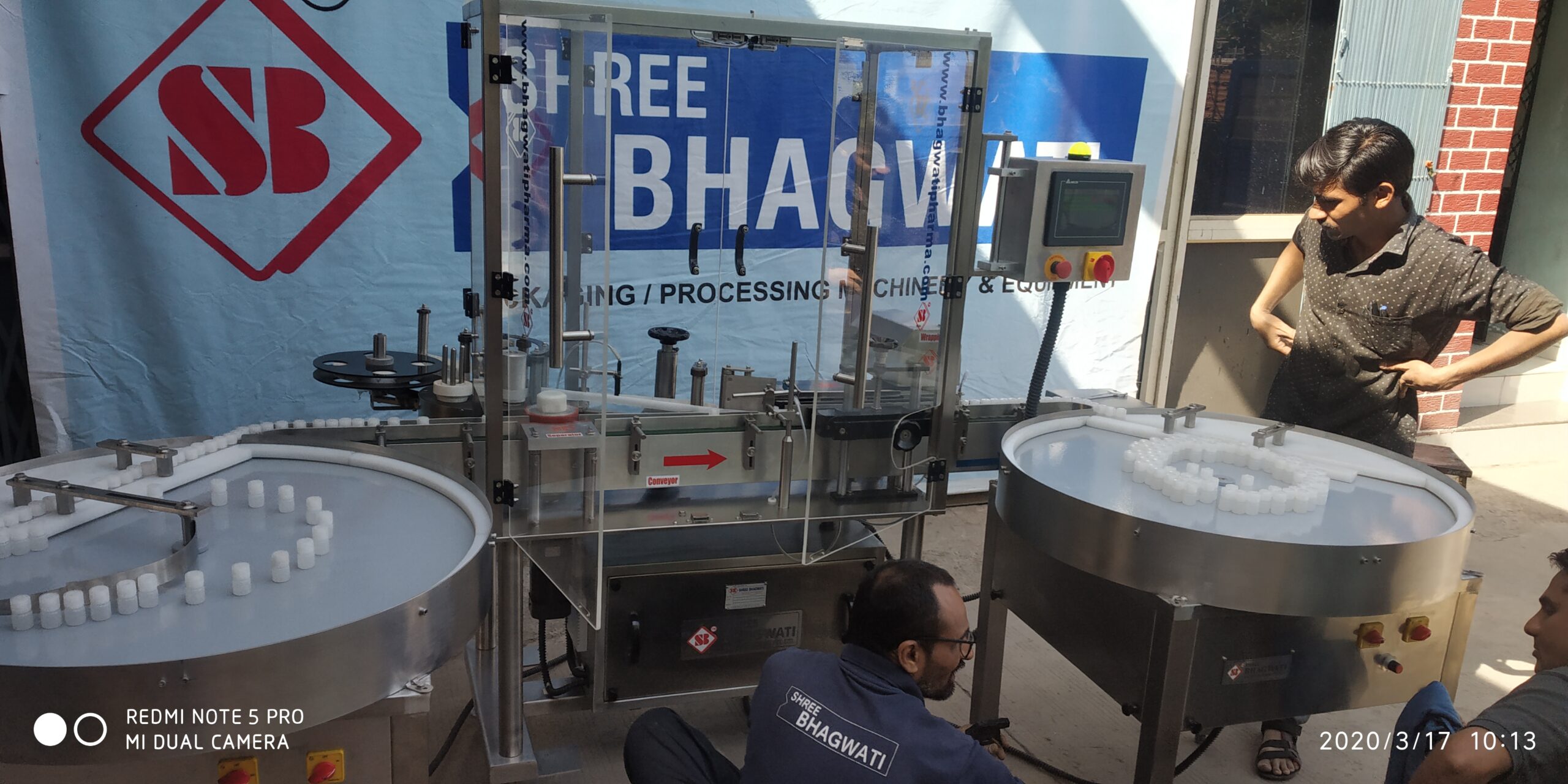
Batch Tracking and Serialization
With AI algorithms, labeler machines can track and serialize products throughout the production and supply chain. This capability is particularly important in industries like pharmaceuticals, where the accurate tracking of products is crucial for safety, regulatory compliance, and anti-counterfeiting measures.
Smart Label Inspection
AI-integrated labeler machines can perform real-time label inspection, verifying information such as barcodes, expiry dates, and batch numbers. By automating this process, manufacturers can ensure labeling accuracy and regulatory compliance, reducing the risk of errors and product recalls.
Challenges and Limitations
Despite the numerous benefits, the integration of AI in labeler machines also presents certain challenges and limitations.
Initial Investment
The implementation of AI integration requires significant upfront investment in terms of technology infrastructure, software development, and staff training. Smaller manufacturers or those with budget constraints may face difficulties in adopting AI-integrated labeler machines.
Data Quality and Availability
AI algorithms rely on high-quality data for effective training and accurate decision-making. Obtaining labeled datasets and ensuring data accuracy can be challenging, particularly in situations where product variations and label designs are numerous.
Regulatory Compliance
As AI-powered labeler machines become more sophisticated, ensuring compliance with regulatory standards and requirements becomes crucial. Manufacturers must navigate the complex landscape of labeling regulations to avoid potential legal issues and maintain consumer trust.














